10M2 Global Studies
Section outline
-
Welcome 2021 Global Studies
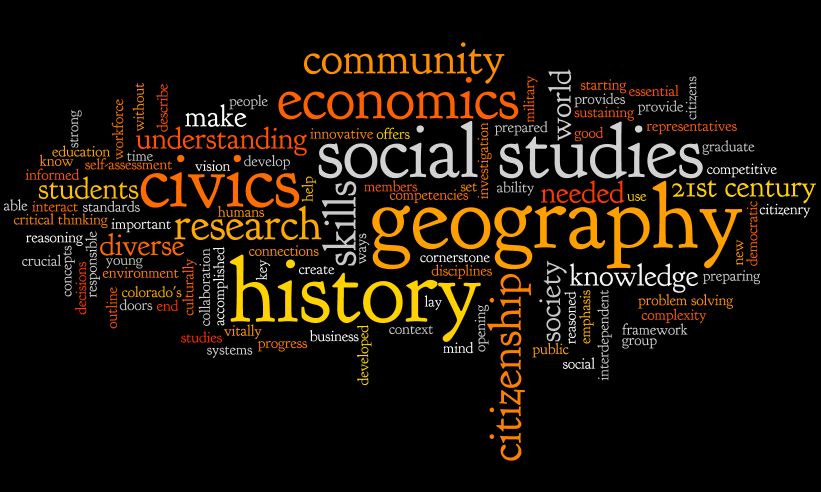
Hello guys, I am really looking forward to your last year at Mission Heights Junior College.
During this year we will be having three assessments for the whole year, one of them will be your opportunity of doing NCEA and the other one will be the exam at the end of the year.
I am here to help you in your journey in Global Studies and get the best out of you.
By now all of you now my email :-) Please roll on those questions may you have.
-
Place and Environment – Students learn about how people perceive, represent, interpret, and interact with places and environments. They come to understand the relationships that exist between people and the environment.
Learning Area: Global Studies
Curriculum
Level 4
Level 5
AO:
Understand how exploration and innovation create opportunities and challenges for people, places, and environments.
Understand that people move between places and how this has consequences for the people and the places.

Learning Intention
We are EXPLORING how the nautical history of New Zealand and national identity can be relevant for the success of a team in an elite sport using America’s cup and New Zealand team as a case study.
Success Criteria: I can/have…
Identify why New Zealand has been so successful in America’s Cup
Recognise how America’s cup became New Zealand Cup
Recall the main facts of this elite sport
Describe the nautical History of New Zealand
Summarise how the Polynesians explored the pacific
Outline different navigating techniques
Explain how and why New Zealand is a nation born of sailors
Evaluate different sailors from other parts of the globe and other times in history
\
-
Place and Environment – Students learn about how people perceive, represent, interpret, and interact with places and environments. They come to understand the relationships that exist between people and the environment.
Learning Area: Global Studies
Curriculum
Level 4
Level 5
AO:
Understand how exploration and innovation create opportunities and challenges for people, places, and environments.
Understand that people move between places and how this has consequences for the people and the places.
Learning Intention
We are EXPLORING how the nautical history of New Zealand and national identity can be relevant for the success of a team in an elite sport using America’s cup and New Zealand team as a case study.
Success Criteria: I can/have…
Identify why New Zealand has been so successful in America’s Cup
Recognise how America’s cup became New Zealand Cup
Recall the main facts of this elite sport
Describe the nautical History of New Zealand
Summarise how the Polynesians explored the pacific
Outline different navigating techniques
Explain how and why New Zealand is a nation born of sailors
Evaluate different sailors from other parts of the globe and other times in history
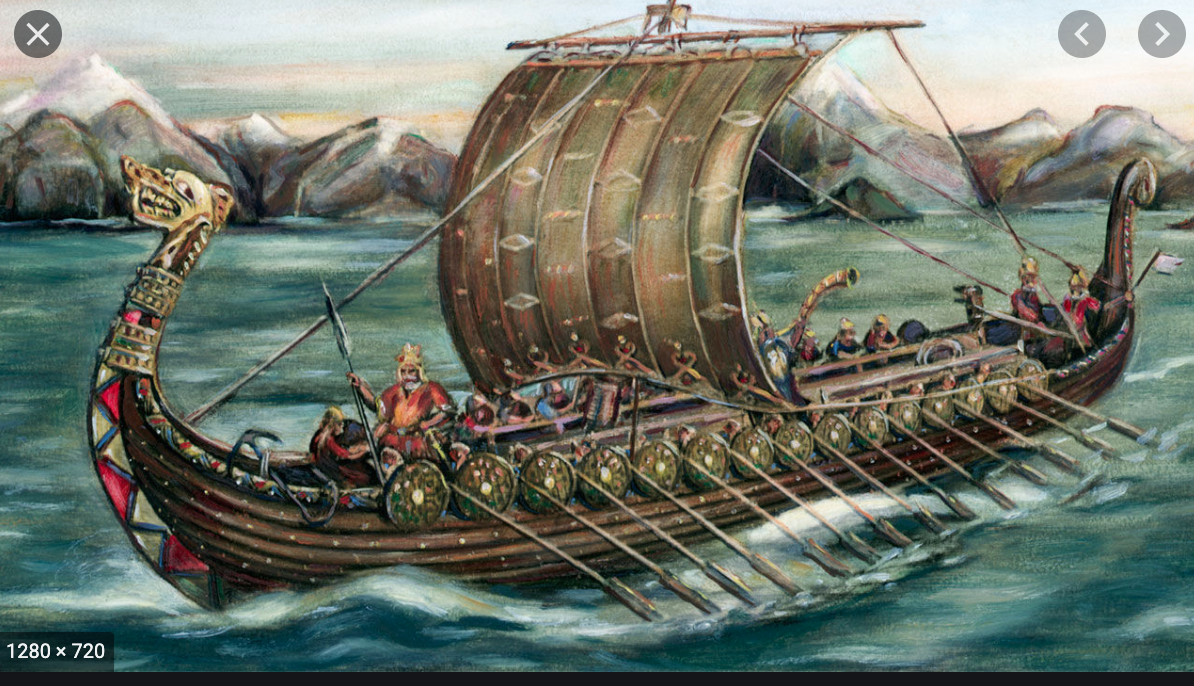
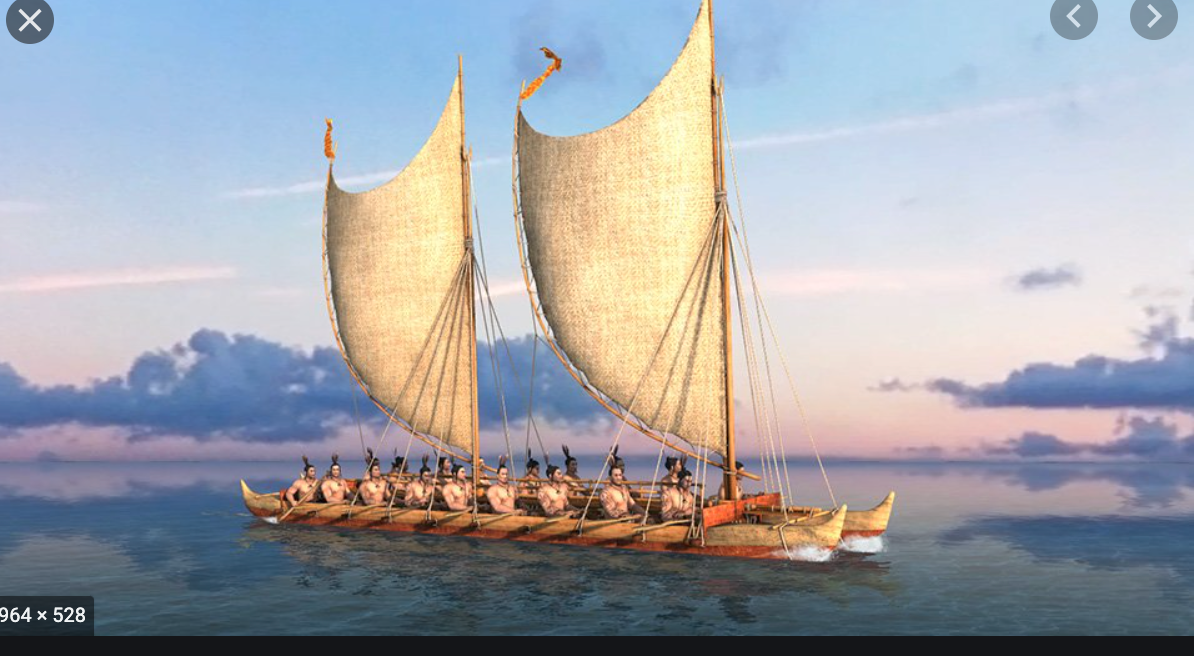
EXPLORE / TŪHURA learning intentions:
- We are EXPLORING how the nautical history of New Zealand and national identity can be relevant for the success of a team in an elite sport using America’s cup and New Zealand team as a case study.
- We are EXPLORING discrimination between countries in elite sports
-
Success Criteria: I can/have…
Identify why New Zealand has been so successful in America’s Cup
Recognise how America’s cup became New Zealand Cup
Recall the main facts of this elite sport
Describe the nautical History of New Zealand
Summarise how the Polynesians explored the pacific
Outline different navigating techniques
Explain how and why New Zealand is a nation born of sailors
Evaluate different sailors from other parts of the globe and other times in history
1. Weekly quiz
2. Polynesian versus Vikings
3. Navigation techniques
4. 1851 versus 2021 -
Back to learning from home level 3 guys.
Find all the activities for the week in Must do/Can do
Take it easy and be safe.
Work in GClassroom:
Slide 1: Traditional Navigation skills - research techniques and explain how Polynesians used them. Do the quiz.
Slide 3: Watch video
Slide 4: Watch video
Slides 5,6,7,8,9: Take notes & answer questions
S10: Compare NZ 1851 & 2021
EXPLORE / TŪHURA learning intentions:
- We are EXPLORING how the nautical history of New Zealand and national identity can be relevant for the success of a team in an elite sport using America’s cup and New Zealand team as a case study.
- We are EXPLORING discrimination between countries in elite sports
-
Welcome back, guys! I have missed your faces.
This week we will wrap up the activities from last week, learning from home and we will go through our Focus stage, Human Migration.
Since the earliest times, humanity has been on the move. Some people move in search of work or economic opportunities, to join family, or to study. Others move to escape conflict, persecution, terrorism, or human rights violations. Still, others move in response to the adverse effects of climate change, natural disasters, or other environmental factors.
This week, We will build our knowledge with some key terms, and we will play detectives of the past.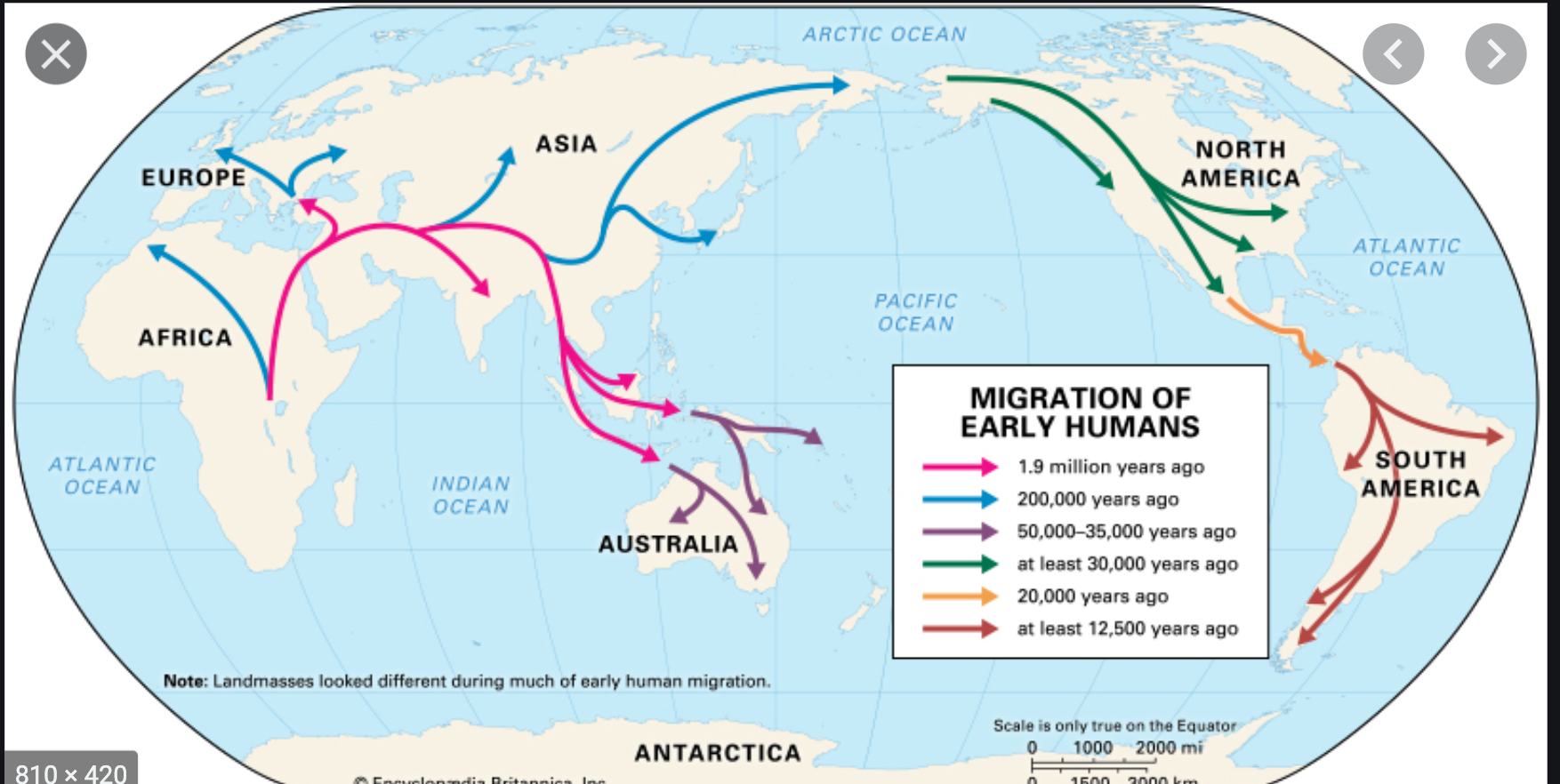
Achievement Objectives:
- Understand that people move between places and how this has consequences for the people and the places.
- Understand how the ideas and actions of people in the past have had a significant impact on people’s lives.
Global Success Criteria
I can identify key anthropology terms
I can identify which evidences Science use for their theory
I can select in the map of human migration the main routes
I can evolve the human migration in dates
I can explain using my own perspective human migration
I can compare other religions/cultures/traditions answering human migration
I can make a connection with my own way of thinking and my peers
I can predict how human evolution is the next step
I can recognise what questions Science can answer
I can recognise what questions Religion answer
I can describe how human curiosity takes a big role in human evolution
I can explain why humans are on the move from ancient times
I can compare how Science differs from other ways of knowing about human evolution
I can list the controversies in different perspectives about human migration
I can use data and evidence from different perspectives to prove human migration
ACTIVITIES
1. Detective- Human Migration2. Watch the video- Build a timeline
3. Key terms
4. Mistery cards
FOCUS / ARONGA learning intentions:
- We are FOCUSING on In what ways do stories of migration help us understand who we are?We are FOCUSING on What can we learn from the many visible and invisible stories of migration around us?We are FOCUSING on How do our stories connect us with others (across time, across cultures, across experiences) and what are the significant differences?
- Understand that people move between places and how this has consequences for the people and the places.
-
Achievement Objectives:
- Understand that people move between places and how this has consequences for the people and the places.
- Understand how the ideas and actions of people in the past have had a significant impact on people’s lives.
Global Success Criteria
I can identify key anthropology terms
I can identify which evidences Science use for their theory
I can select in the map of human migration the main routes
I can evolve the human migration in dates
I can explain using my own perspective human migration
I can compare other religions/cultures/traditions answering human migration
I can make a connection with my own way of thinking and my peers
I can predict how human evolution is the next step
I can recognise what questions Science can answer
I can recognise what questions Religion answer
I can describe how human curiosity takes a big role in human evolution
I can explain why humans are on the move from ancient times
I can compare how Science differs from other ways of knowing about human evolution
I can list the controversies in different perspectives about human migration
I can use data and evidence from different perspectives to prove human migration
ACTIVITIES
How Migration works- Google Classroom- Understand that people move between places and how this has consequences for the people and the places.
FOCUS / ARONGA learning intentions:
- We are FOCUSING on In what ways do stories of migration help us understand who we are?
- We are FOCUSING on What can we learn from the many visible and invisible stories of migration around us
- We are FOCUSING on How do our stories connect us with others (across time, across cultures, across experiences) and what are the significant differences?
-
Achievement Objectives:
- Understand that people move between places and how this has consequences for the people and the places.
- Understand how the ideas and actions of people in the past have had a significant impact on people’s lives.
Global Success Criteria
I can identify key anthropology terms
I can identify which evidences Science use for their theory
I can select in the map of human migration the main routes
I can evolve the human migration in dates
I can explain using my own perspective human migration
I can compare other religions/cultures/traditions answering human migration
I can make a connection with my own way of thinking and my peers
I can predict how human evolution is the next step
I can recognise what questions Science can answer
I can recognise what questions Religion answer
I can describe how human curiosity takes a big role in human evolution
I can explain why humans are on the move from ancient times
I can compare how Science differs from other ways of knowing about human evolution
I can list the controversies in different perspectives about human migration
I can use data and evidence from different perspectives to prove human migration
ACTIVITIES
How Migration works- Google Classroom- Understand that people move between places and how this has consequences for the people and the places.
FOCUS / ARONGA learning intentions:
- We are FOCUSING on In what ways do stories of migration help us understand who we are?
- We are FOCUSING on What can we learn from the many visible and invisible stories of migration around us
- We are FOCUSING on How do our stories connect us with others (across time, across cultures, across experiences) and what are the significant differences?
Activities in google Classroom
-
This week
Stories and Identity
After considering other people's stories, what do we know about our own migration stories, our peer’s migration stories, and our family's migration stories?
Reflecting on, and sharing, these stories provide an opportunity to learn about migration while also providing an opportunity to better know each other as individuals and a community.
Activity in Google classroom
Pull and Push factors storiesFOCUS / ARONGA learning intentions:
- We are FOCUSING on In what ways do stories of migration help us understand who we are?
- We are FOCUSING on What can we learn from the many visible and invisible stories of migration around us
- We are FOCUSING on How do our stories connect us with others (across time, across cultures, across experiences) and what are the significant differences?
-
YEAR 10
Student shows an understanding of why people move between places and how this has consequences for the people and the places
Criteria
WORKING TOWARDS Curriculum expectation
Working AT curriculum expectation
Working ABOVE curriculum expectation
Working BEYOND curriculum expectation
Migration
You have identified a range of ideas about why people migrate and categorised these as push and pull factors
You have demonstrated a full understanding of reason why people migrate
You have demonstrated a sound understanding of reason why people migrate
You have demonstrated an in-depth understanding of why people migrate, using examples to illustrate
Consequences for Place
You have described the environmental consequences of migration, with supporting examples
You have described in detail the environmental consequences of migration, with supporting examples
You have explained the environmental consequences of migration, with supporting examples
You have explained in detail the environmental consequences of migration, with supporting examples
Consequences for People
You have described the social consequences of migration, with supporting examples
You have described in detail the social consequences of migration, with supporting examples
You have explained the social consequences of migration, with supporting examples
You have explained in detail the social consequences of migration, with supporting examples
Time management
You have yet to complete and submit your assessment
You have submitted your assessment late
You have submitted your assessment by the date …...
You have submitted your assessment by the date …….
Overall
WORKING TOWARDS Curriculum expectation
Working AT curriculum expectation
Working ABOVE curriculum expectation
Working BEYOND curriculum expectation
PLAN & DO / WHAKAMAHI learning intentions:
- We are PLANNING to create a moving story so that we can make the audience empathize with an Immigrant Story.
-
PLAN & DO / WHAKAMAHI learning intentions:
- We are PLANNING to create a moving story so that we can make the audience empathize with an Immigrant Story.
-
Welcome back 10M2!
For this week we will be sharing our migration moving stories you have done during the holidays!
PLAN & DO / WHAKAMAHI learning intentions:
- We are PLANNING to create a moving story so that we can make the audience empathize with an Immigrant Story.
-
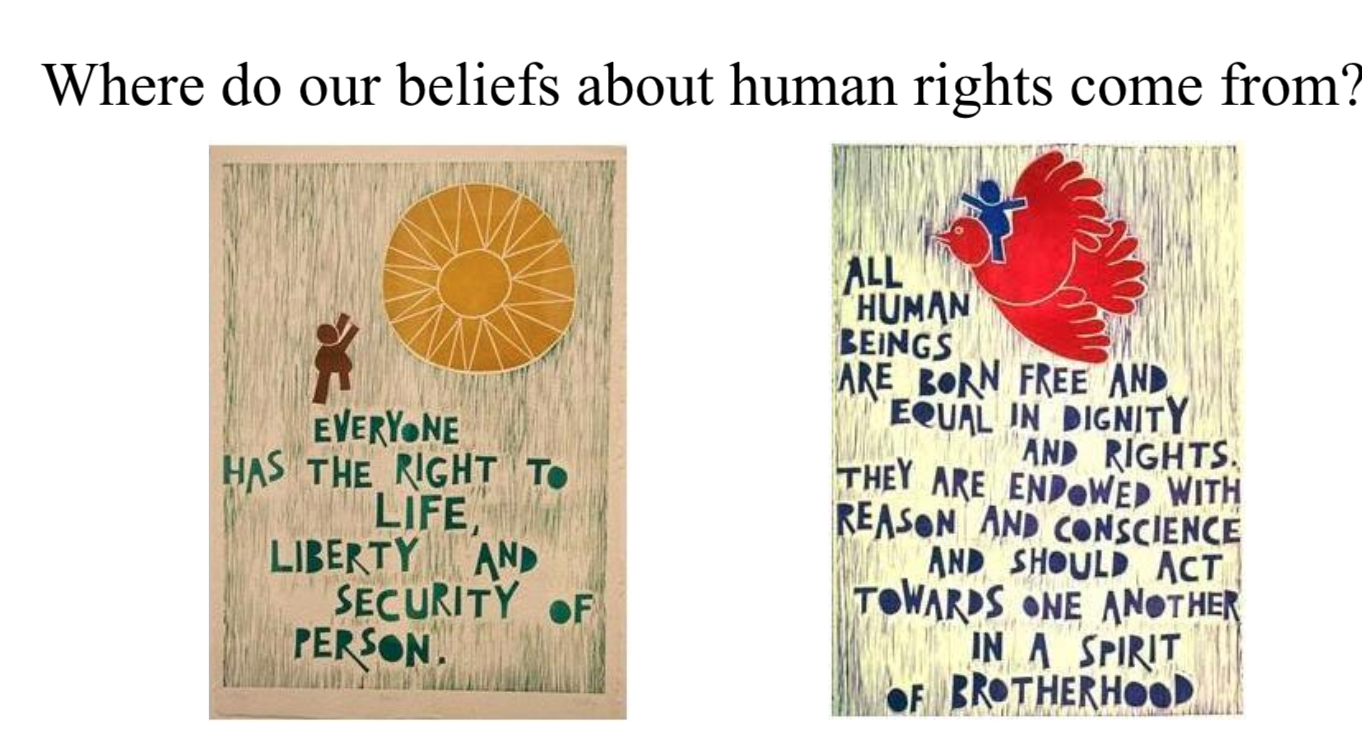
Achievement Objectives:
Level 5
- Understand how people define and seek human rights.
In this term, we will be focusing on human rights around the globe and our role in protecting our own rights and the rights of others. We will be learning about some of the different ways people have advocated for change in the past and the fights people are continuing to wage today in our own backyard here in Aotearoa. We will be spending time thinking about our identity within our communities, the importance of allyship, and figuring out what issues you care about most.
My aim is to develop an understanding of how important and necessary are Human Rights to us, but also we are a witness of how those Rights are violated in many places and in many situations.
How might I engage with topical issues and form an opinion so that I can take social action?
Visible Learning
We are learning to understand the complex world of human rights and our role in protecting the human rights of others. We are exploring the events that led to the creation of the Universal Declaration of Human Rights and learning about how the struggle for rights continues today. Success Criteria:
I/We can...
I can define UN
I can define UDHR
I can list UDHR Human Rights
Define a scapegoat.
I can describe the events leading to the creation of the UN and the UDHR
Describe how power dynamics impact communities.
I can relate an issue/situation/case study to an UDHR article (human right)
I can explain how the issue/ situation/ case study is a breach of a UDHR article (human right)
I can explain the effect of Human rights violation of people/groups
Explain and describe social justice movements taking place in New Zealand and around the world today.
- Reflect upon their own contribution to a Social Justice/Human Rights Issue
ACTIVITIESDO NOW What are rights?
Task One: Ask the class to brainstorm examples of human rights using padlet.
2. INPUT: (Slideshow -- Nazi Germany, Jesse Owens in 1936 Olympics in Berlin)
3. Discussion questions:
4. Assess prior knowledge of the Holocaust.
Timeline of the Holocaust
EXPLORE / TŪHURA learning intentions:
- We are EXPLORING our understanding of human rights and Social Justice
- We are EXPLORING the effect Human Rights violations can have on people/groups
- We are EXPLORING the importance of human rights and why each person needs to know their rights
- We are EXPLORING some of the different ways people have advocated for change in the past and the fights people are continuing to wage today in our own backyard here in AoTearoa.
- We are exploring the events that led to the creation of the Universal Declaration of Human Rights and learning about how the struggle for rights continues today
- Understand how people define and seek human rights.
-
How might I engage with topical issues and form an opinion so that I can take social action?
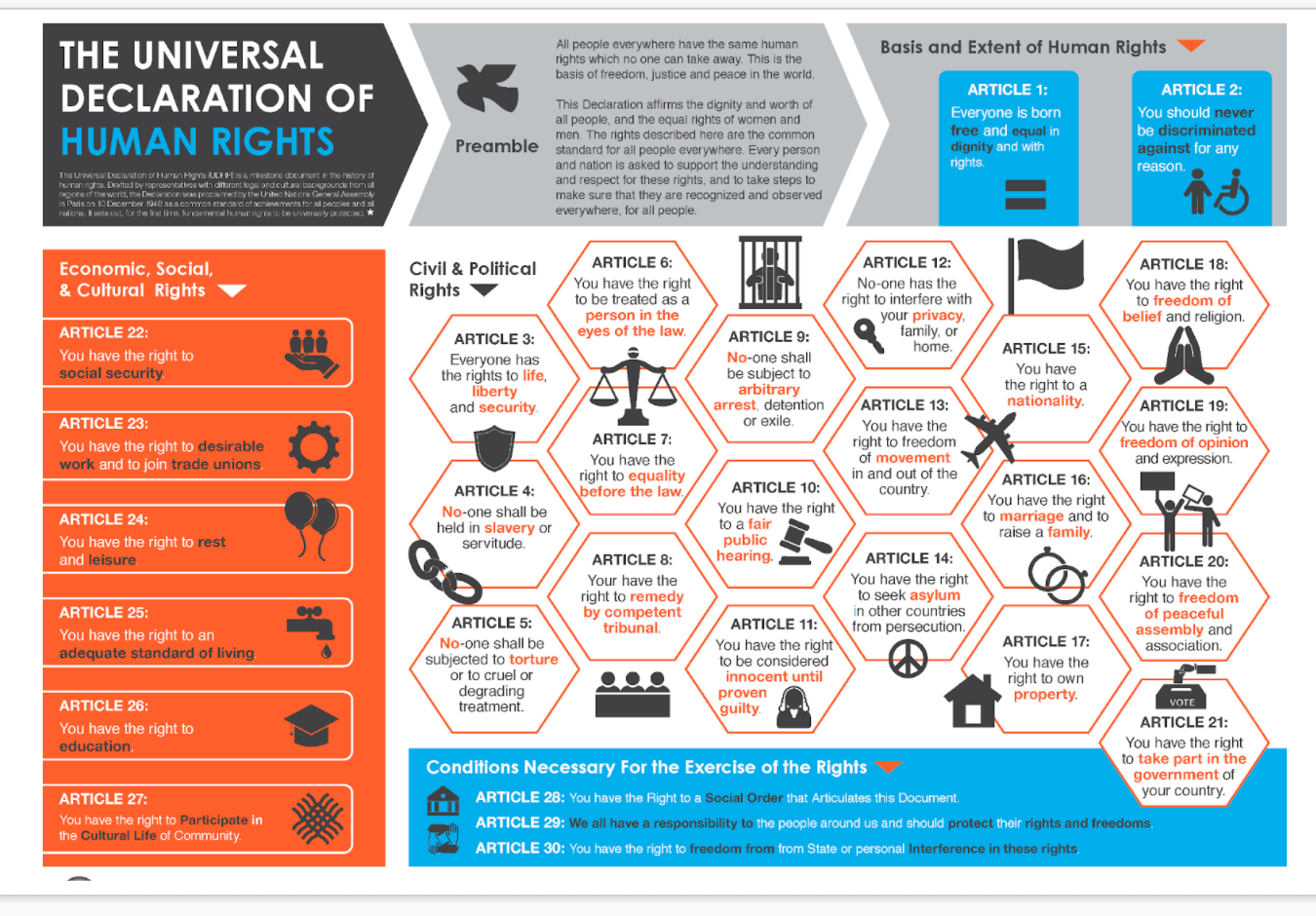
Visible Learning
We are learning to understand the complex world of human rights and our role in protecting the human rights of others. We are exploring the events that led to the creation of the Universal Declaration of Human Rights and learning about how the struggle for rights continues today. Success Criteria:
I/We can...
I can define UN
I can define UDHR
I can list UDHR Human Rights
Define a scapegoat.
I can describe the events leading to the creation of the UN and the UDHR
Describe how power dynamics impact communities.
I can relate an issue/situation/case study to a UDHR article (human right)
I can explain how the issue/ situation/ case study is a breach of a UDHR article (human right)
I can explain the effect of Human rights violation of people/groups
Explain and describe social justice movements taking place in New Zealand and around the world today.
- Reflect upon their own contribution to a Social Justice/Human Rights Issue
ACTIVITIESDO NOW: important terms
1. Categorise Human rights
2. Examining how people have fought for human rights through a sports context.
EXPLORE / TŪHURA learning intentions:
- We are EXPLORING our understanding of human rights and Social Justice
- We are EXPLORING the effect Human Rights violations can have on people/groups
- We are EXPLORING the importance of human rights and why each person needs to know their rights
- We are EXPLORING some of the different ways people have advocated for change in the past and the fights people are continuing to wage today in our own backyard here in AoTearoa.
- We are exploring the events that led to the creation of the Universal Declaration of Human Rights and learning about how the struggle for rights continues today
-
EXPLORE / TŪHURA learning intentions:
- We are EXPLORING our understanding of human rights and Social Justice
- We are EXPLORING the effect Human Rights violations can have on people/groups
- We are EXPLORING the importance of human rights and why each person needs to know their rights
- We are EXPLORING some of the different ways people have advocated for change in the past and the fights people are continuing to wage today in our own backyard here in AoTearoa.
- We are exploring the events that led to the creation of the Universal Declaration of Human Rights and learning about how the struggle for rights continues today
-
This week we will be focusing on STEP ONE – Independent Research:
Become Informed about your chosen issue that relates to your chosen Social Justice and Human Rights action/group.
1.1 In class with your group, together create a research plan that includes; possible Human Rights/Social Action groups and issues, Global Studies Key Concepts, Possible Sources and initial Social Action steps. Use the Research Plan template.
1.2 Working independently and using your group's research plan, complete independent research. You are required to create a
Research File (digital or hardcopy) that includes:All source reference details (refer to the bibliography guidance document)
A range of evidence about the issue. This may include; quotes, photographs, political cartoons, newspaper articles, magazine articles, maps, extracts from books/websites
FOCUS / ARONGA learning intentions:
- We are FOCUSING on a research plan that includes; possible Human Rights/Social Action groups and issue
-
This week we will be focusing on STEP ONE – Independent Research:
Become Informed about your chosen issue that relates to your chosen Social Justice and Human Rights action/group.
1.1 In class with your group, together create a research plan that includes; possible Human Rights/Social Action groups and issues, Global Studies Key Concepts, Possible Sources and initial Social Action steps. Use the Research Plan template.
1.2 Working independently and using your group's research plan, complete independent research. You are required to create a
Research File (digital or hardcopy) that includes:All source reference details (refer to the bibliography guidance document)
A range of evidence about the issue. This may include; quotes, photographs, political cartoons, newspaper articles, magazine articles, maps, extracts from books/websites
FOCUS / ARONGA learning intentions:
- We are FOCUSING on a research plan that includes; possible Human Rights/Social Action groups and issue
-
STEP TWO – Plan and take Social Action
Continue to work in your small group, plan your chosen social justice and human rights action that addresses your issue. A Planning template is available.
As a group, carry out the chosen action. Collect evidence (including dates and locations) of your involvement. Your evidence can be in any medium as long as it can be stored and retrieved, for example, text, photos, audio recording, and/or video footage. You must have specific personal contributions from each group member. Use a chart or similar to track the individual contribution of group members.
STEP THREE – Take Social Action
Return to your small group or choose to continue to work independently; participate in the established social justice and human rights action that addresses your chosen issue.
Collect evidence (including dates and locations) of your involvement. Your evidence can be in any medium as long as it allows information to be stored and retrieved, for example, text, photos, audio recording, and/or video footage.\
PLAN & DO / WHAKAMAHI learning intentions:
- We are PLANNING to participate in social justice and human rights action that addresses a violation of human rights so that we can be part of a positive social change
-
PLAN & DO / WHAKAMAHI learning intentions:
- We are PLANNING to participate in social justice and human rights action that addresses a violation of human rights so that we can be part of a positive social change
-
PLAN & DO / WHAKAMAHI learning intentions:
- We are PLANNING to participate in social justice and human rights action that addresses a violation of human rights so that we can be part of a positive social change
-
REFLECT / WHAIWHAKAARO learning intentions:
- We are REFLECTING on personal involvement in social justice and human rights action.
-
EXPLORE / TŪHURA learning intentions:
- We are EXPLORING what is genetic engineering?
- We are EXPLORING what GMO’s are and can be used for.
- We are EXPLORING to classify the pros and cons of producing GM crops.
Welcome back Y10.
This term we have very exciting learning ahead:
We will use critical thinking to discuss and analyze genetic modification in New Zealand.
We will see both sides of the argument, analyzing scientific, spiritual, cultural, and ethical views.
Some questions to consider:
What is genetic engineering?
What is genetic modification?
Is genetic modification a way of forcing human evolution?
Should genetic modification of crops be banned in NZ?
What is the justification for NZ being GM-free if other countries are not?
Should genetic modification of crops be restricted to people threatened with starvation?
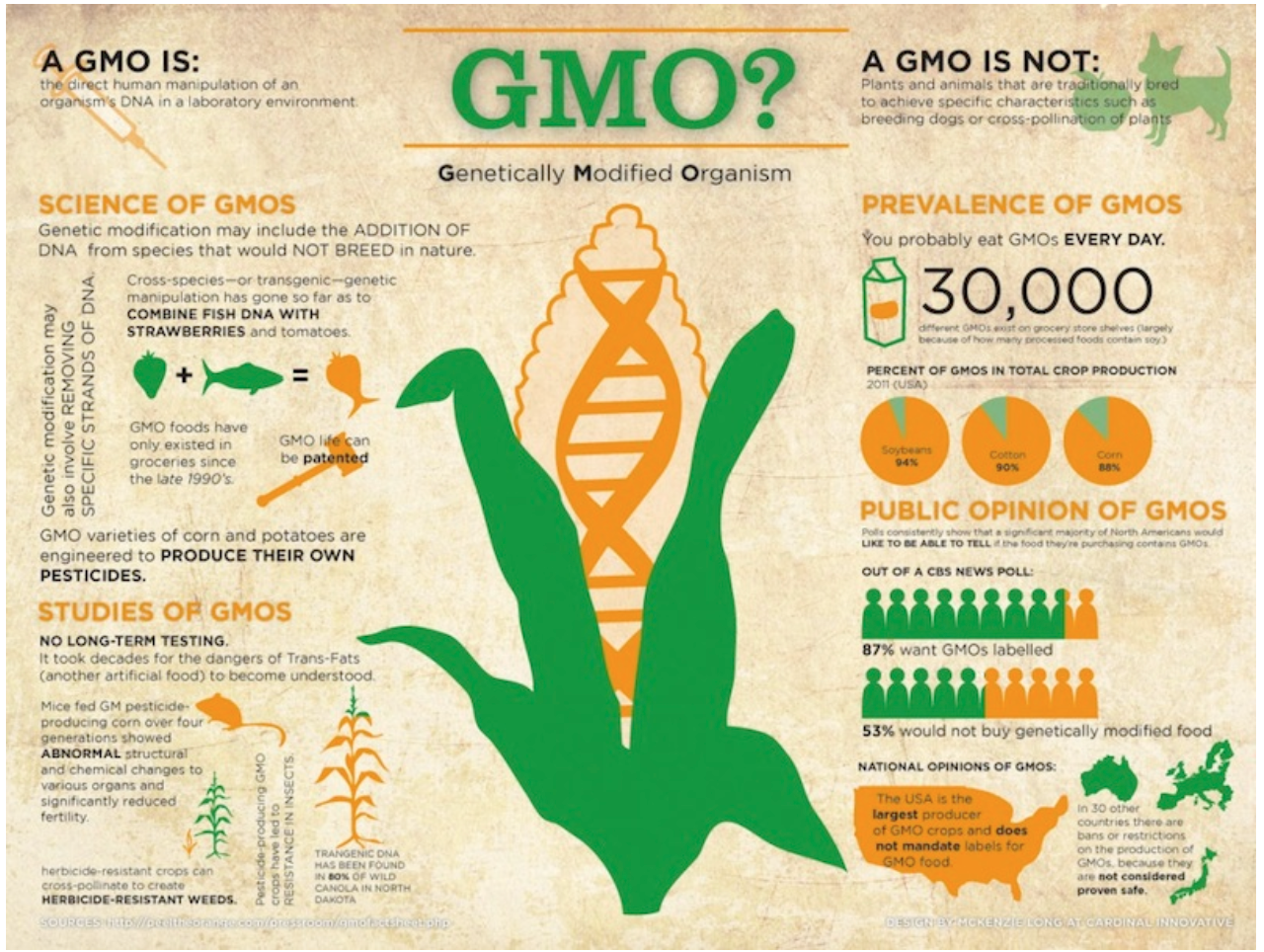
1. Reading of the article (Google classroom)
2. Mind map (Google classroom)
3. Key terms vocabulary -
This week we are looking at The big picture: “Should we produce GM crops?”
Success Criteria: I can/have..
1. Describe what GMO’s are and can be used for.
2. Analyse how drugs can be produced from genetically modified organisms.
3. Evaluate the risks and benefits of using genetically modified organisms.
Activities:
1. GM crops videos -short answer questions
2. Produce a flow chart to explain how GMOs can be produced.(Google Classroom)EXPLORE / TŪHURA learning intentions:
- We are EXPLORING what is genetic engineering?
- We are EXPLORING what GMO’s are and can be used for.
- We are EXPLORING to classify the pros and cons of producing GM crops.
- We are EXPLORING to evaluate the risks and benefits of using genetically modified organisms.
- We are EXPLORING the two perspectives around GMO and why, against and for.
-
This week we will watch this interesting documentary. While you are watching it use the sheet to answer the questions before, during, and after the movie.
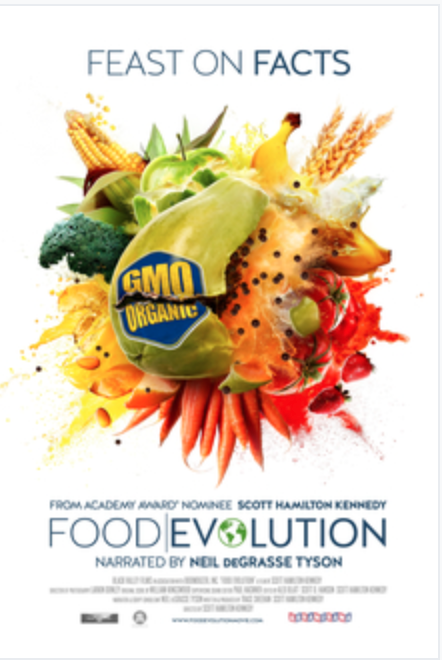
Success Criteria: I can/have...
1. Identify perspectives for and against
2. Describe what is facts/evidence important for Science
3. understand facts, figures, and evidences around GMO
EXPLORE / TŪHURA learning intentions:
- We are EXPLORING what is genetic engineering?
- We are EXPLORING what GMO’s are and can be used for.
- We are EXPLORING to classify the pros and cons of producing GM crops.
- We are EXPLORING to evaluate the risks and benefits of using genetically modified organisms.
- We are EXPLORING the two perspectives around GMO and why, against and for.
ACTIVITIES
1. Watch the doc. "Food evolution"
2. Answer the questions sheet "Food Evolution"
-
This week we will be finishing our Exploration stage regarding Being Informed. To go into our Focus Stage we will conclude our Exploration by creating an Infographic to show our learning for the past 3 weeks
Success Criteria:
1. evaluate the risks and benefits of using genetically modified organisms.
2. Define the term "genetically modified"
3. Give examples of three different GM crops
4. List four advantages and four disadvantages of growing GM crops
5. Create a factsheet with data, graphs, statistics with written information
Activities:
1. Infographic (Google Classroom)
EXPLORE / TŪHURA learning intentions:
- We are EXPLORING what is genetic engineering?
- We are EXPLORING what GMO’s are and can be used for.
- We are EXPLORING to classify the pros and cons of producing GM crops.
- We are EXPLORING to evaluate the risks and benefits of using genetically modified organisms.
- We are EXPLORING the two perspectives around GMO and why, against and for.
-
This week we are unfortunately in lockdown and our Distance Learning apply.
During this week you will use critical thinking to write and present an analysis of genetic modification in New Zealand. You need to give both sides of the argument, analyzing scientific, spiritual, cultural, and ethical views. Your conclusion must state your own position on this topic and provide evidence to justify your position.

Success Criteria
I can justify with valid arguments and evidence my opinion regarding the use of GMOs in New Zealand.
Activities
1. Google classroom : Defending your opinion
FOCUS / ARONGA learning intentions:
- We are FOCUSING to evaluate the risks and benefits of using genetically modified organisms.
- We are FOCUSING on using critical thinking to write and present an analysis of genetic modification in New Zealand
-
We will continue with our Distance Learning!
This week we will defend our opinion regarding Genetics in New Zealand
Activities
Monday and Tuesday get your presentations ready for our online ted talk. Only images and captions are allowed. Thursday we start the presentations
You will share your screen
PLAN & DO / WHAKAMAHI learning intentions:
- We are PLANNING to present an analysis of genetic modification in New Zealand.
- We are PLANNING TO present both sides of an argument, analysing scientific, spiritual, cultural and ethical views.
-
ONLINE LEARNING
WEEK 7
This week we will be working for our CAT practicing For and Against Argument on a current events issue.
We will complete the Education perfect task about Perspectives Facts and Opinions.
WEEK 8
CAT practicing: Education Perfect: Aotearoa New Zealand government
-
Last two weeks of the term! Well done to all of you. For the last bit of the term, we will be finishing our reviewing for the CAT.
Success Criteria: I can/have...
- Recall some of the key events that led up to the Treaty of Waitangi.
- Explain some of the key terms & differences in meaning - Treaty vs Te Tiriti.
- Evaluate the outcomes of the Treaty through to the modern day.
Activities:
- Te Tiriti o Waitangi
Homework:
Overdue task Education Perfect:
1. Perspectives, Opinions and facts
2. NZ government
-
Project week!
This week your classes will be with your LA to finalizing your presentations for the
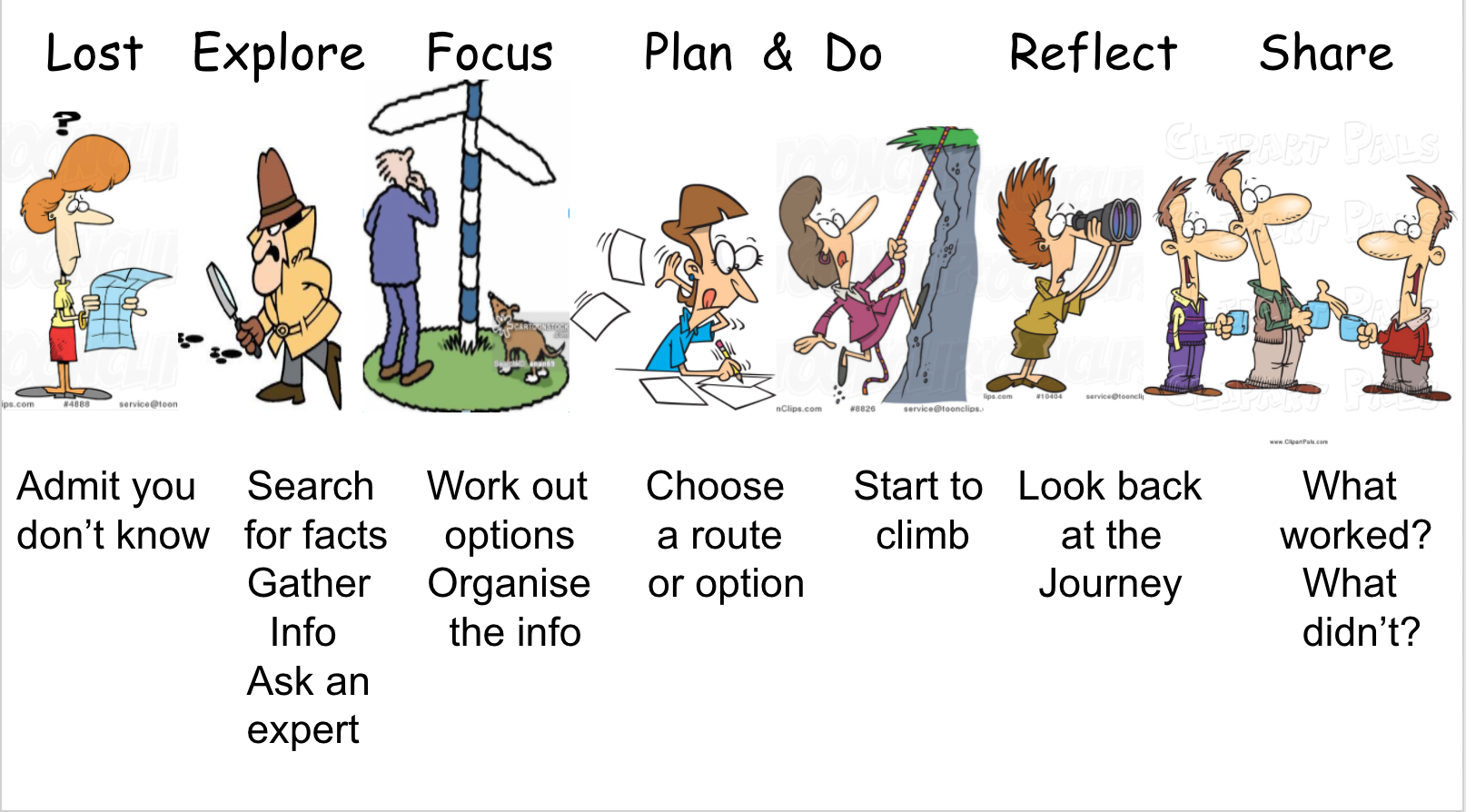 project. Therefore this week it won't be any Global Studied activities.
project. Therefore this week it won't be any Global Studied activities.Keep up with the hard work and try your best to stay motivated with Distance Learning.
EXPLORE / TŪHURA learning intentions:
- We are EXPLORING locate places to go in Auckland during Lockdown
- We are EXPLORING to recognize cities and districts of Auckland
- We are EXPLORING to discover changes to the landscape in the city of Auckland
-
This week we will be working on making sure all the Education perfects tasks are done. Those tasks are very useful for you to practice for the CAT.
Also, I have posted in Google classroom a CAT practice for those who have chosen to do the Global Studies exam.
I would like it if for our meetings you guys turn on the cameras and the microphone, It does make me feel strange talking o the screen with only profiles pictures on my screen.
Hopefully you will be nice and do this for me
Success Criteria: I can/have...
Treaty of Waitangi/Te Tiriti O Waitangi Key Knowledge
I can identify key facts about the Treaty of Waitangi/Te Tiriti O Waitangi (who, what, when, where, why, how)
I can explain the different sections of the Treaty/Te Tiriti
I can identify the key differences between the english and Maori versions of the Treaty/Te Tiriti
I can explain the principles of the Treaty of Waitangi (Partnership, Participation and Protection)
I can explain the core concepts of the Treaty/Te Tiriti (Kāwanatanga and Tino rangatiratanga)
I can identify examples of the Treaty being upheld
I can identify examples of the Treaty NOT being upheld
I can explain the role of the Waitangi Tribunal
Government Systems Key Knowledge
I can identify key facts about New Zealand’s parliamentary system (who, what, when, where, why, how)
I can explain how MMP works
I can explain the different roles within parliament
I can explain the different branches of government
I can explain how a bill becomes a law
I can explain how the New Zealand government system works
Activities:
- Finish Education Perfect tasks from last week of Term 3
- Google Classroom CAT practice
EXPLORE / TŪHURA learning intentions:
- We are EXPLORING locate places to go in Auckland during Lockdown
- We are EXPLORING to recognize cities and districts of Auckland
- We are EXPLORING to discover changes to the landscape in the city of Auckland
-
Happy Week 3,
During this week we will start our Context for Term 4, People of Auckland.
for this week we have a guest that will need your help.
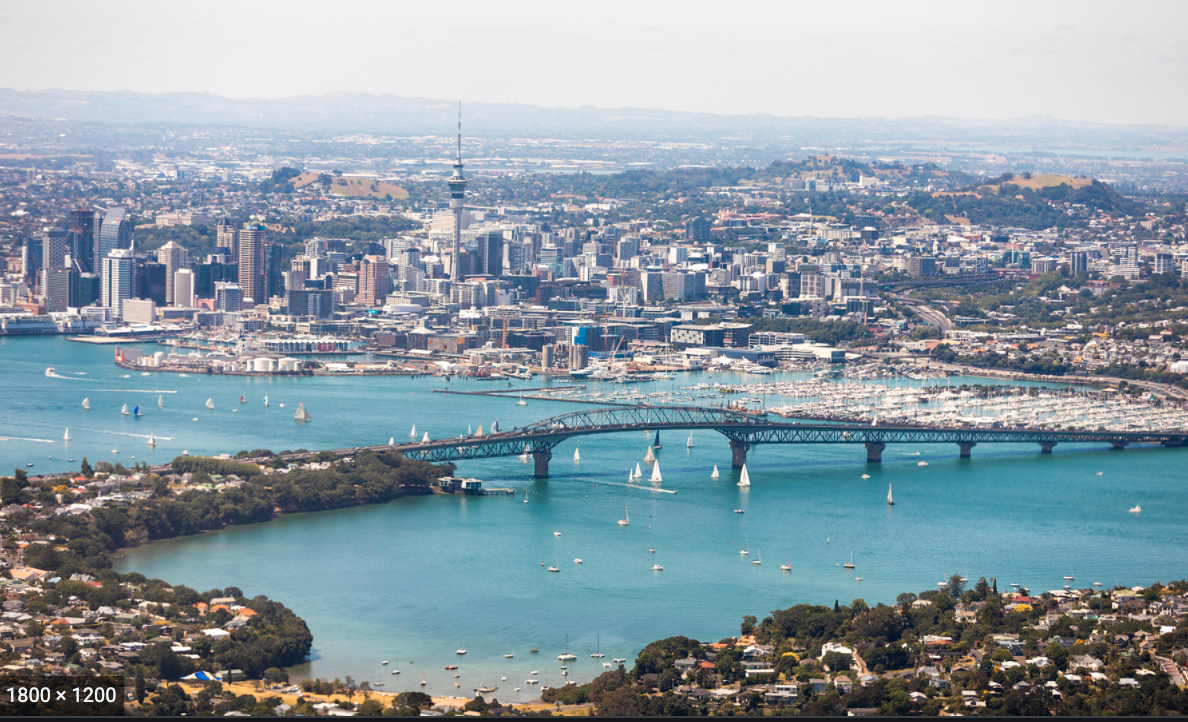
Success Criteria: I can/have...
- decided places to go in Auckland during Lockdown
- located places in an Auckland map
- categorized important places in Auckland
- completed the section of the Auckland booklet for my Auckland passport
Activities:
- Google classroom Auckland booklet (Week 3 section)
EXPLORE / TŪHURA learning intentions:
- We are EXPLORING locate places to go in Auckland during Lockdown
- We are EXPLORING to recognize cities and districts of Auckland
- We are EXPLORING to discover changes to the landscape in the city of Auckland
-
This week we will continue with the Auckland booklet.
You need to complete the Section Week 4 of the booklet in order for you to complete all the sections for Global Studies for the Kiwi passport.
Success Criteria: I can/have...
- decided places to go in Auckland during Lockdown
- located places in an Auckland map
- categorized important places in Auckland
- completed the section of the Auckland booklet for my Auckland passport
- I have located the main locations in Auckland map
EXPLORE / TŪHURA learning intentions:
- We are EXPLORING locate places to go in Auckland during Lockdown
- We are EXPLORING to recognize cities and districts of Auckland
- We are EXPLORING to discover changes to the landscape in the city of Auckland
-
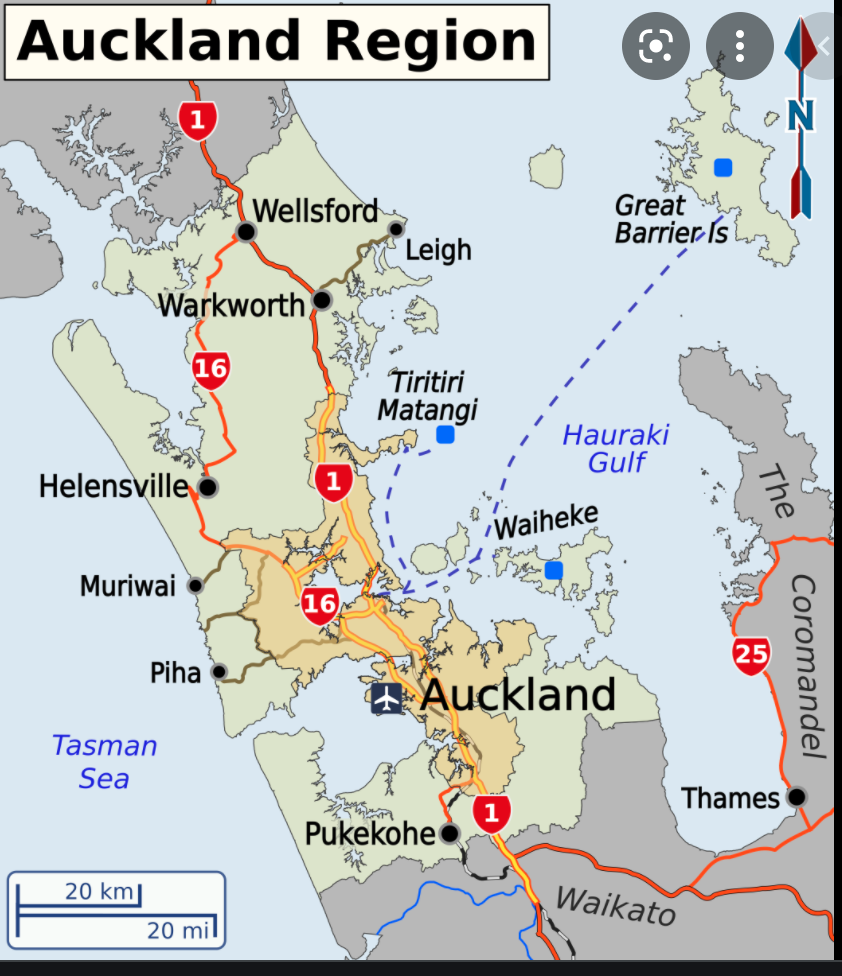
Success Criteria:
what makes your community through the map
Understand the cities and districts that makeup Auckland
Understand some of the changes to the landscape and city in Auckland and changes to the land in New Zealand
Name the regions that make up New Zealand
Understand one region other than own in detail through a research activity
Locate major geographical features of Auckland on a map
Must do sheet and in Google classroom
EXPLORE / TŪHURA learning intentions:
- We are EXPLORING locate places to go in Auckland during Lockdown
- We are EXPLORING to recognize cities and districts of Auckland
- We are EXPLORING to discover changes to the landscape in the city of Auckland
-
Good luck to all of you sitting your CAT.
To be easy on you for this week you just need to carry on what has been given for you on your Auckland booklet.
The CAT for Global Studies is on Friday, we will meet 15 minutes before G meets to answer any questions you may have.
We are almost there, and all of you have done a fantastic job showing compassion and resilience. Well done 10M1.
Success Criteria:
what makes your community through the map
Understand the cities and districts that makeup Auckland
Understand some of the changes to the landscape and city in Auckland and changes to the land in New Zealand
Name the regions that make up New Zealand
1. Must do
2. Google classroom Auckland booklet
-
FOCUS / ARONGA learning intentions:
- We are FOCUSING in researching one region other than our own in detail in Auckland.
- We are FOCUSING on develop major geographical features of Auckland on a map
-
FOCUS / ARONGA learning intentions:
- We are FOCUSING in researching one region other than our own in detail in Auckland.
- We are FOCUSING on develop major geographical features of Auckland on a map
